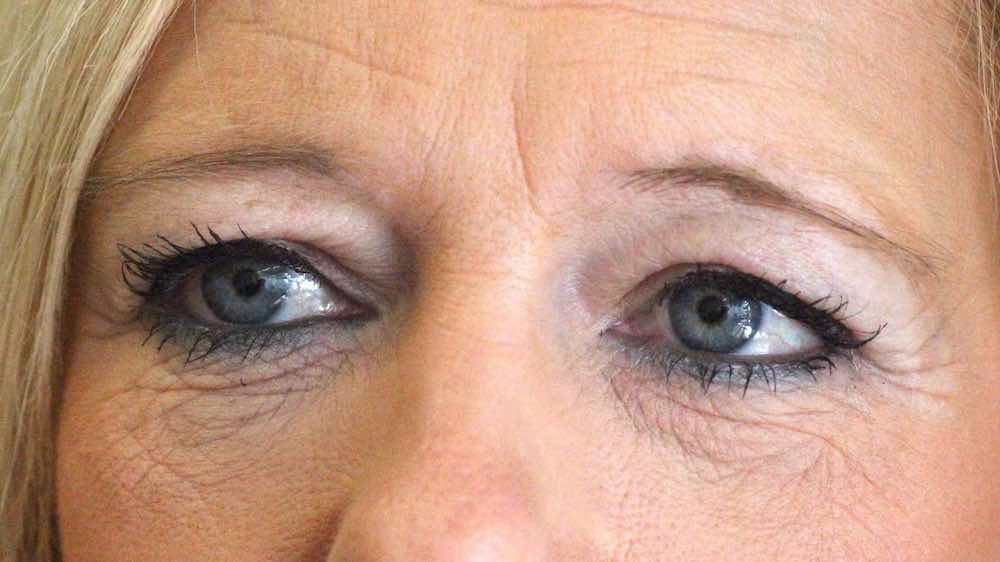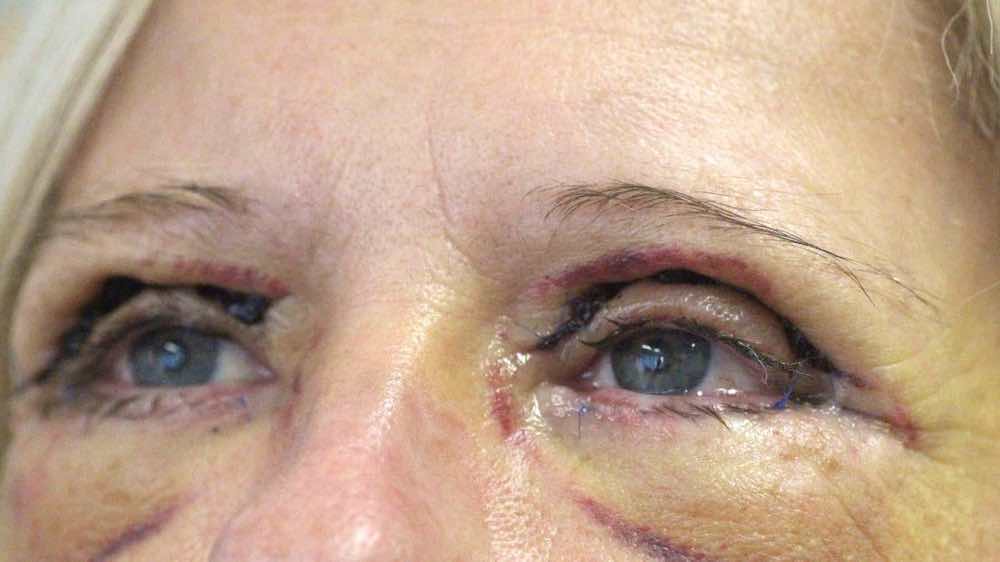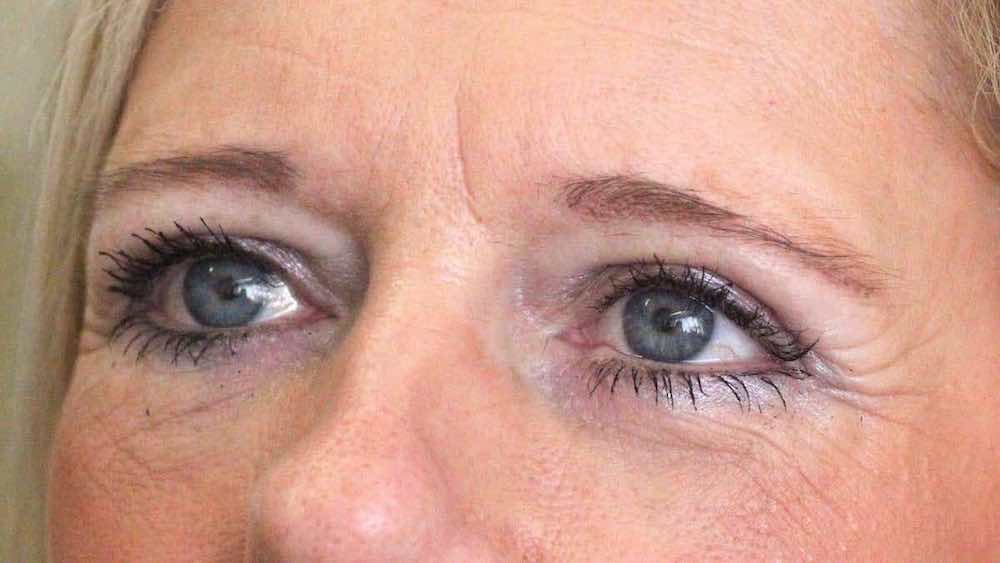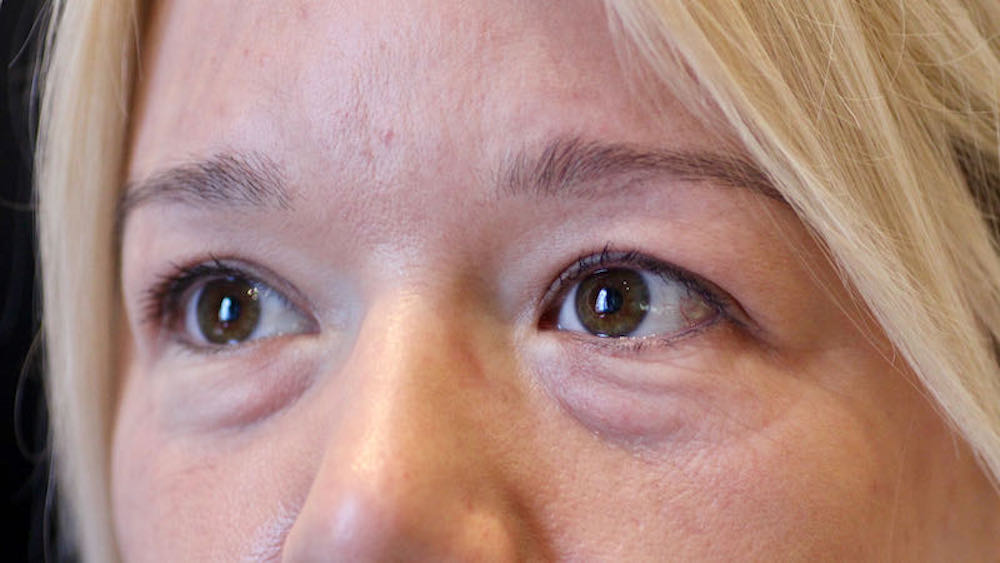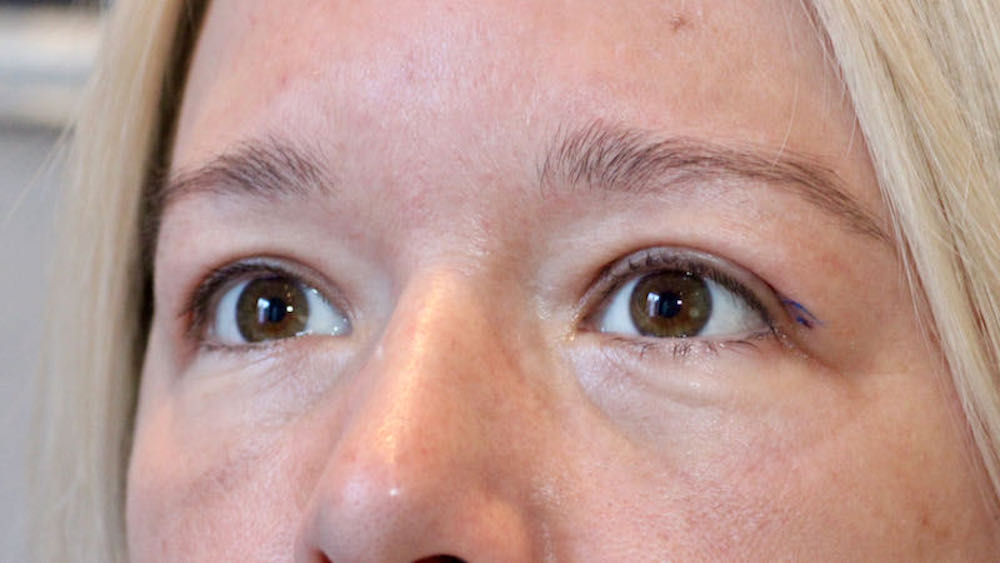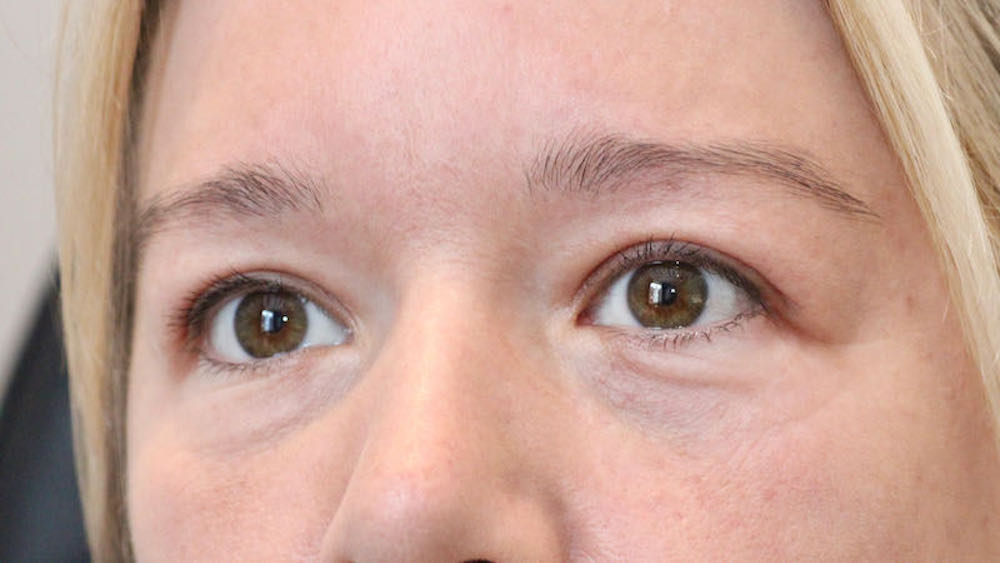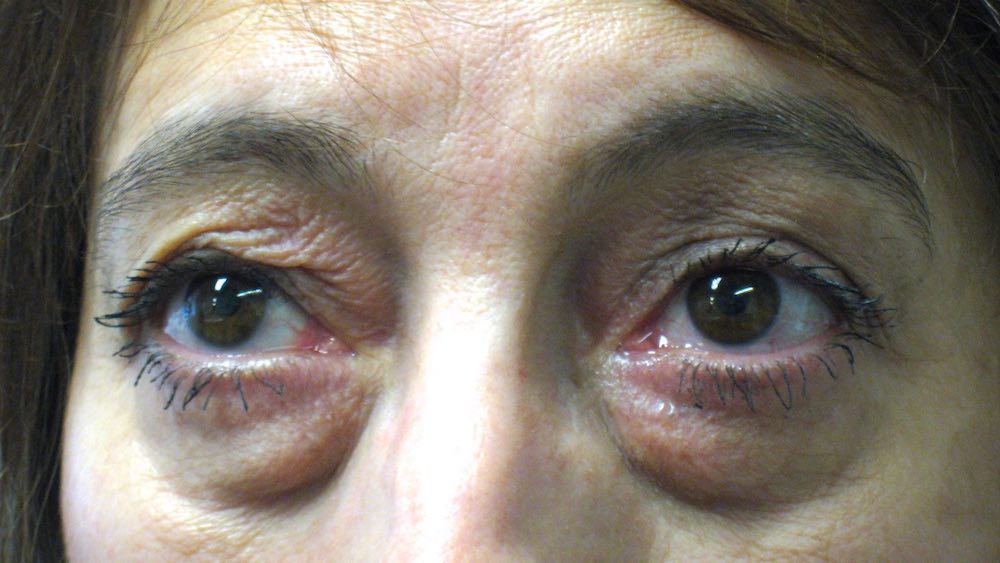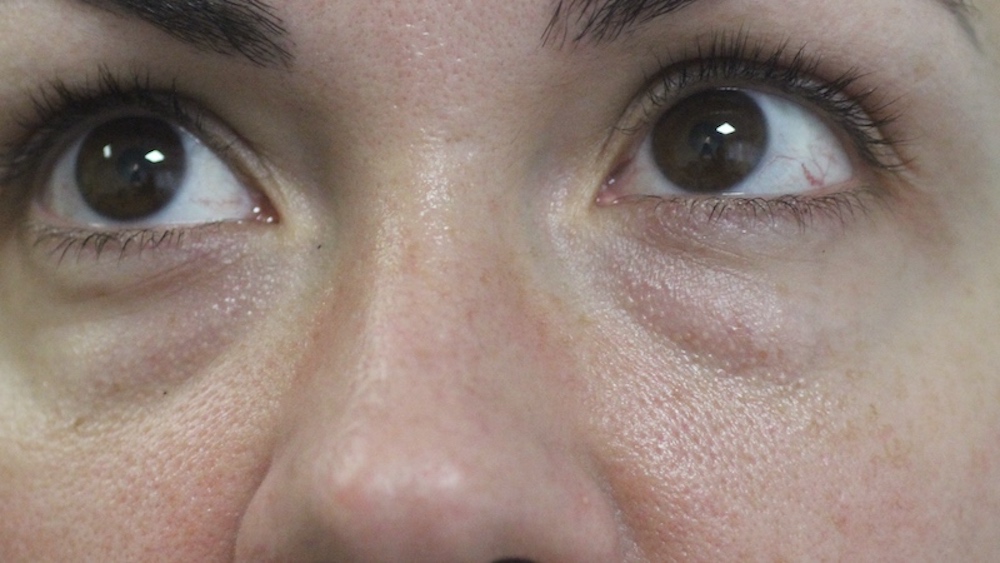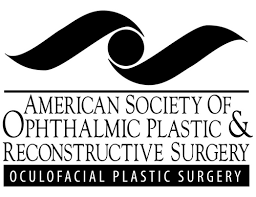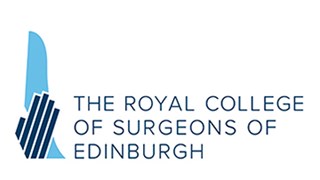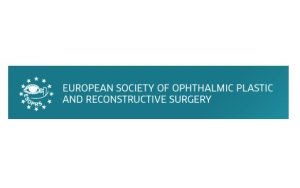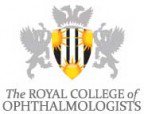Cosmetic, Aesthetic and Rejuvenation Medicine
What is Cosmetic Oculofacial Medicine?
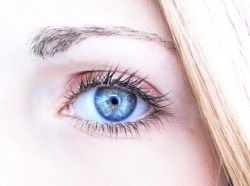
Cosmetic facial medicine refers to a specialist area of treatments, either surgical or non-surgical, to improve the appearance of a facial feature. Traditionally, cosmetic medicine has mainly involved surgery to reverse the signs of ageing. However, over the past 10-15 years, both men and women have increasingly demanded less invasive treatment methods with minimal after treatment downtime and faster recovery at an increasingly younger age. Thus, new treatments such as anti-wrinkle injections such as dermal fillers and botulinum toxin have been developed with increasing sophistication especially for younger patients, in whom surgery may not be necessary or appropriate.
Good cosmetic surgery only subtly enhances one's appearance.
So many advertisements! So many different ways to get treatment! Why?
Nowadays, cosmetic treatments are provided by a wide variety of practitioners ranging from those who are not medically trained e.g. beauticians, hairdressers, to those who are medically trained but do not perform surgery such as general practitioners (GPs) & dentists, and then finally to those offer some of the more technically difficult procedures e.g. surgeons. On top of this, there are many different types of surgeon who offer cosmetic surgery e.g. general plastic surgeons, plastic surgeons who specialise in the face, ear nose and throat surgeons, maxillofacial surgeons, ophthalmologists and oculoplastic surgeons.
So why see an oculoplastic surgeon? …….Because habit leads to perfection…
Oculoplastic and oculofacial surgeons are doctors who specialise in this very specialised area of surgery, operating on the eyes, around the eyes, eyelids, forehead and cheek. They will often perform more of this delicate type of surgery than many other practitioners because of the nature of their normal NHS work. They will often have to utilise wrinkle relaxing injections for therapeutic/functional reasons, perform blepharoplasty operations for therapeutic reasons, perform face lifts for facial nerve palsy patients. They will therefore often be more experienced than most in working around this delicate important area of the face, providing a full comprehensive service, seeing and assessing each patient personally, avoiding and being able to treat potential complications due to intimate knowledge of the anatomy. Although the British Oculoplastic Surgery Society do not promote themselves as much as other societies their members perform more complex surgery than any other society in the UK. e.g. they do not perform breast augmentation surgery, rhinoplasty surgery, etc.: only surgery to the eyelids and the surrounding areas. They are also fully trained ophthalmologists (eye doctors) and will be able to fully assess whether your eye is suitable for surgery.
The eyes and eyelids are incredibly complex structures.
Why do most patients seek cosmetic treatment?
Patients have many reasons for seeking cosmetic improvement e.g. wanting to look younger, improving their confidence, dissatisfaction with a facial feature, wanting to look and feel fresher. The majority of patients seeking cosmetic treatment with Mr Cheung do so to look younger. The others seek improvement in a particular facial feature e.g. Asian (double eyelid) blepharoplasty. Because of the immense importance that the eyes and facial muscles have in day to day communication and expression, even minor changes or imperfections may be misinterpreted. For example, frown lines as anger/aggression, drooping eyelids as tiredness or inattention. Thus, even relatively minor treatments such as minor cosmetic eyelid surgery or simple injections, can lead to dramatic improvements in how others perceive you. Many patients remark on a renewed zest for life and improved confidence following treatment.
“This procedure should be carried out by a surgeon with relevant skills and experience in an establishment registered with the Care Quality Commission. An ophthalmologist (an eye surgeon) should also assess your suitability for surgery.”
Re: blepharoplasty surgery from the Dept. of Health Cosmetic Surgery Information for Patients
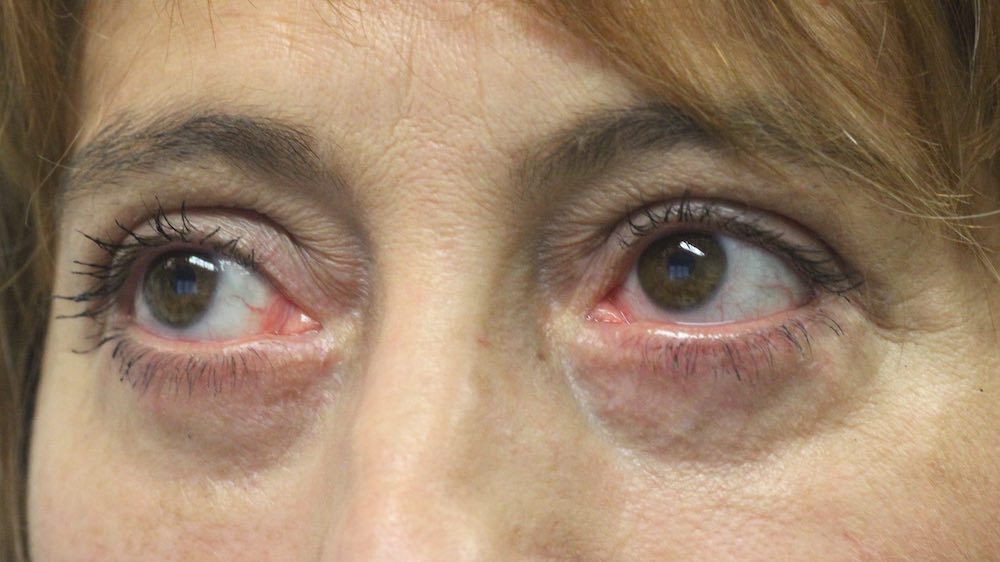
Before and After Upper and Lower Lid Blepharoplasty
Am I vain for requesting cosmetic treatment? Should I not just put up with it? I'm worried about...?
For many patients, although they have thought about improving their appearance, various concerns deter them from seeking any treatment.
Concerns include:
• Being thought of as being vain by their peers, that it is more 'honourable' to grow old gracefully. Although, traditionally it has been thought to be honourable and stoical to grow old gracefully or to accept one's appearance, we now find that patients are increasingly wishing to seek improvement in perceived flaws and imperfections, especially as this type of medicine becomes more commonplace, more refined and safer. Increasingly, patients are demanding more and more out of life. Ultimately, it should be the individual who should decide whether or not they undergo treatment.
• About looking 'plastic' or 'artificial' after the treatment. Over the past 10 years there has been increasing refinement in the way treatments are performed and what patients and their cosmetic doctors are happy with. Good cosmetic treatment should lead to a subtle enhancement and should not look obviously abnormal. Good oculofacial practitioners are now seeking aesthetic harmony by customising treatment plans for each patient based on the patient's own individual circumstances.
• Am I doing the right thing? A good cosmetic practitioner is able to counsel the patient about his/her concerns, go through various treatment options, informing of the advantages and disadvantages of each. Because cosmetic medicine, by definition, is not absolutely vital, patients should be given the time to make an informed decision without pressure. Only after the patient is completely content about all aspects of the treatment plan, should the decision be made to embark with treatment.
• The cost of treatment. Before embarking on any treatment plan, a good practitioner will explain to the patient what each treatment modality can offer, its duration of effect and the likely costs for the patient. For example, a young patient seeking a subtle rejuvenation improvement prior to her wedding day may benefit from simple wrinkle relaxing injections which are relatively low in cost, minimally invasive, low in risk but temporary in duration of effect. For other patients, who desire more longer lasting improvement, more invasive treatments such surgery may be required. There now exist many different treatment options which vary in time required to perform, cost, duration of effect, recovery time, etc. Many of the modern operations can be performed relatively quickly as day case procedures under local anaesthesia hence minimising costs. Only after the patient has realistic idea as to the total cost of the complete treatment plan should treatment then start.
It is important that surgeons who offer cosmetic surgery to a region have the experience and training to deal with all possible complications.
I’ve read a lot about anti-wrinkle injections and surgery. What do I need?
Contrary to popular belief, cosmetic medicine is not just plastic surgery. One of the advantages about seeing oculoplastic/oculofacial surgeons is that they have the expertise and regularly employ a variety of treatments around the face, both in our private and NHS practices. They are thus able to offer a comprehensive treatment plan that may include multiple types of treatment especially for that patient depending on their individual circumstances based on practitioner experience and best practice.
For example:
- default_titlePatients in their 30-40s may benefit from some simple injections of fillers and botulinum toxin. These are usually very low in risk if administered by experienced practitioners with very rapid results and minimal downtime.
- default_titlePatients in their 40s may benefit from deeper injections of injectable fillers to counter the loss in fat and volume around the face.
- default_titlePatient in their 50-60s may benefit from a combination of cosmetic oculofacial surgery e.g. brow lifting, blepharoplasty, midface lifting as the involutional gravitational effects start to occur as well as fillers and botulinum toxin.
- Show More
For this reason, it is useful to see an oculofacial specialist who can offer a full repertoire of treatment, tailored towards the individual.
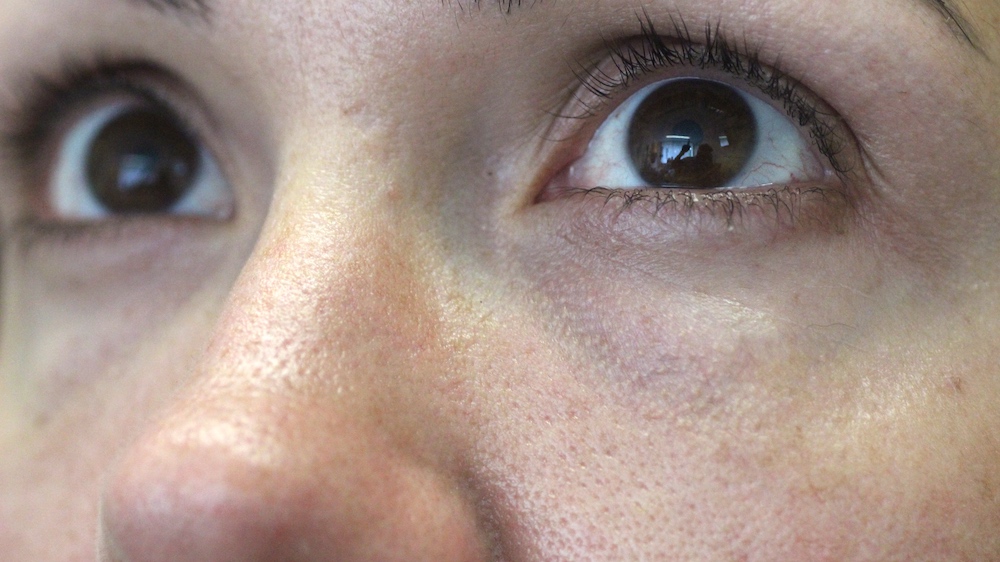
Before and after scarless transconjunctival blepharoplasty in a 30 year old lady
Beautiful eyes in the safest hands
Unfortunately, the lack of government regulation in the UK has led to a huge variety of practitioners now offering cosmetic treatments e.g. hairdressers/beauticians giving injectable fillers/ wrinkle relaxing injections. Similarly, some of the most well known UK aesthetic companies/ clinics, now use doctors whose training and background is not in aesthetic medicine e.g. general practitioners, public health doctors.
By choosing Mr Cheung, you will be safe in knowledge that you will be seen and treated by a consultant oculoplastic surgeon who:
- default_titlehas some of the most rigorous training and only works around the delicate anatomy of the face and eyelids in their NHS and private practice.
- default_titleperforms over 500 procedures per year
- default_titlehave a pure interest in oculoplastic surgery and is able to offer a full spectrum of the latest techniques to achieve your goals
- default_titlewill be able to advise you about what can be safely achieved
- default_titleis able to avoid and manage the rare but potentially dangerous complications of oculoplastic surgery
- Show More
Mr Cheung has been performing over 500 oculoplastic procedures per year since 2004.
Most patients who undergo oculoplastic surgery under the NHS (or under private insurance schemes) undergo what is is known as functional or reconstructive oculoplastic surgery, for example for droopy eyelids, watery eyes, eyelid cancers. This is because these conditions are considered important and debilitating enough that the Department of Health considers that their treatment should be covered by the NHS and should therefore be free at the point of treatment.
As our society continues to live longer and longer due to a combination of better healthcare, nutrition and lifestyle; increasingly both men and women of all ages are seeing their appearance as an important factor in how they feel about themselves. Nowadays, it is common for people to feel younger and more active than their parents or grandparents did at the same age. For many people, the decision to have cosmetic surgery is a natural choice to improve their quality of life. Most surgery which is considered purely cosmetic is not covered by the NHS or by private insurance schemes and is self funded by the patient. However they see the costs as a worthwhile and lasting investment which continues to contribute to their happiness and psychological well being.
Most cosmetic oculoplastic surgery is termed rejuvenation surgery i.e to reverse/delay the changes due to ageing.
As with most cosmetic surgery, this surgery is not absolutely necessary to your health and should therefore be considered very carefully before embarking on it. Mr Cheung strictly adheres to and recommends the advice of the British Oculoplastic Surgery Society on cosmetic surgery and the General Medical Council
Cosmetic surgery by itself is not a panacea for major life problems or interpersonal relationship issues. However if performed well, successful cosmetic plastic surgery, by improving your appearance and how you see yourself, can often boost both your self esteem and confidence.
For further information on how to choose your oculoplastic surgeon, visit www.bopss.co.uk.
In 2004, the different UK Royal colleges/societies, which represent the different specialities of surgeons who offer cosmetic surgery, jointly drafted recommendations to help their patients. To download their recommendations click here
The Department of Health website also has a very useful handout for patients considering cosmetic surgery click here
Bad plastic surgery is easily recognisable. Instead of enhancing the features it invariably detracts from them. Furthermore, poorly performed plastic surgery in the eyelid region can also prove a threat to the health of the eye and eyesight.
Well performed oculoplastic surgery should be safe for the eye and is often subtly enhancing. Patients commonly report following surgery that their work colleagues still do not know that they have had any surgery done but ask if they have been holiday as they look refreshed in some way.
Oculoplastic surgeons perform a similar range of eyelid procedures, including blepharoplasty and brow lift both in the NHS and in private practice and are recognised accordingly as specialists in surgery in the eyelid region of the face. It is for this reason that they are referred patients, who have had unsatisfactory surgery elsewhere, for revisional work.

